Smart City Laboratory as a physical space

In keeping with the motto “Digital needs analog!”, the Stadtlabor is to become a permanent address in the long term – a hub for digitization in Darmstadt. In a real space, we would like to be able to welcome young and old visitors who want to discover the digital city of Darmstadt.
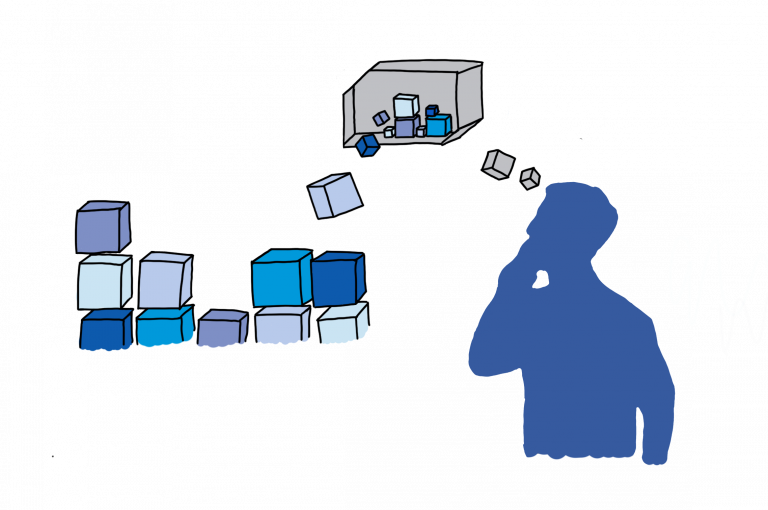
The “digitalRaum” is a project of the Stadtlabor, in which architecture students of the TU Darmstadt deal with the structural and functional design as well as the furniture of the Stadtlabor. They develop architectural solutions for the many functions that the digitalRaum is to have: It should be an event, exhibition, workshop, training and lecture space at the same time. Incidentally, the layout, design and aesthetics are to be changed in the future by the users of the “digitalRaum” according to their needs.
You can download the design drafts as PDF here
Team
Dr. Joachim Schulze (TU Darmstadt), Laura Pauli (Schader-Stiftung), Michael Schmidt (ESA – European Space Agency), Simone Schlosser (Digitalstadt Darmstadt GmbH)
The participatory project focused on the development of innovative future projects around the topics of environment and water in Darmstadt.

Darmstadt is struggling with the consequences of climate change. They range from increasing water scarcity, drought, and urban warming to flooding. A variety of measures can be taken to counteract this development. These include collecting rainwater, watering trees in a targeted manner, creating green spaces – even on facades or roofs. For the implementation of such measures, the entire urban society is needed.
In a 24-hour hackathon, solutions to three concrete challenges were developed together with citizens. They are now being incorporated into Darmstadt’s strategy phase in the new smart city funding program “Smart Water Darmstadt”.
- More about the hackathon and the ideas from the pitches → here.
- Reader „Darmstadt hackt für Umwelt und Wasser“ → here.
The project is completed.
Contributed by:
Prof. Jochen Hack (Uni Hannover), Prof. Daniel Hanss (Hochschule Darmstadt), Marco Holz (Chaos Computer Club e.V.), Ivan Iovine (Fraunhofer-Institut für Graphische Datenverarbeitung IGD), Prof. Michèle Knodt (TU Darmstadt), Dr. Michael Kreutzer (Fraunhofer-Institut für Sichere Informationstechnologie SIT), Harry Korn (Wissenschaftsstadt Darmstadt), Michaela Lestakowa & Kevin Logan (TU Darmstadt), Dr. Joachim Rix (Fraunhofer-Institut für Graphische Datenverarbeitung IGD), Christian Schurig (ESA – European Space Agency), Simone Maus (Digitalstadt Darmstadt GmbH), Simone Schlosser (Digitalstadt Darmstadt GmbH), José David da Torre Suárez (Digitalstadt Darmstadt GmbH
The “Lernwerkstatt digital” develops and organizes educational formats on current topics related to digitality. And it explores questions about education in the 21st century.
If you want to expand your knowledge, get to know the makers and the places of the digital city, try things out together and exchange ideas, the digital learning workshop is the right place for you. The goal is a lively exchange in which the mediators themselves and the citizens learn what the digital world is all about.
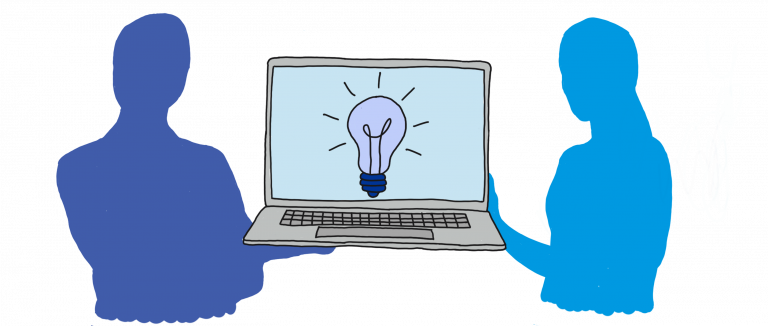
Online events
Due to the pandemic, most of the recent events have taken place online. They are designed as open learning workshops with a mix of impulse lectures, space for exchange and learning from each other. In particular, actors from Darmstadt will be recruited for keynote speeches – soon live on site again.
Videos and reports on the events:
→ Train the Trainer format for seniors
THE DIGITAL DETECTIVES
Kids and young people ask Darmstadt residents about digitization in the House of Digital Media Education: “What does digitization mean to you? And what does it mean for your work? – Videos only available in German.
Digital Detectives Video Interviews
Asked by Darmstädter*innen: “What does digitization mean to you? And what does it mean for your work? – Videos only available in German
→ Interview with Antonio Jorba, System Administrator and Computer Scientist, IT-Lab of C+C GmbH
→ Interview with Katharina Theobald, Youth Coordinator of the Police Headquarters South Hesse
→Interview with Johanna Herdt, Head of Operations, Darmstadt Fire Department
→ Interview with Michael Schmidt, former European Space Agency
Our vision is to enable more people to profit from the benefits of digitalisation. Together, we want to make everyday life in Darmstadt even more liveable. To this end, we work with Darmstadt stakeholders to develop offers and projects in which city residents can learn about digitalisation, try out technologies, acquire digital skills and take part in future projects.
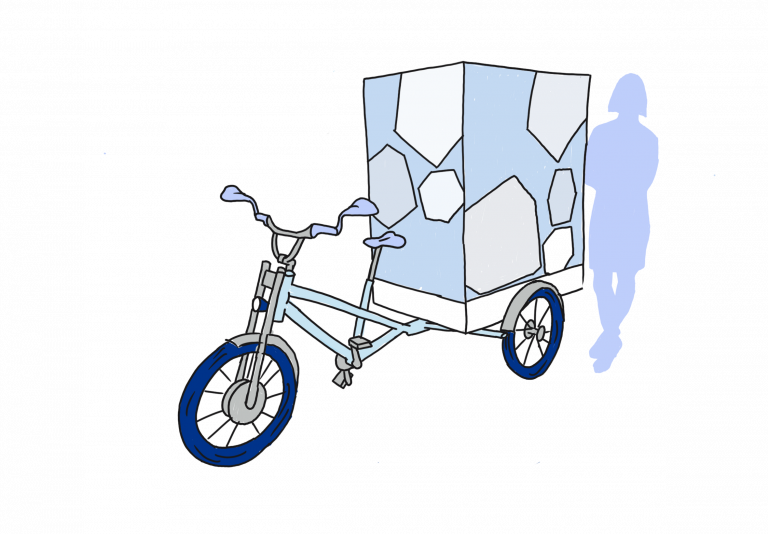
Since summer 2021, a low-barrier outreach program has offered smaller groups the opportunity to try out new digital technologies once a week and at changing locations.
Timing
- by June 2021 conception of the bike and the program
- Since June/July 2021 On the Road – regular activities at various locations.
Team
Adelheid Wolf (Wissenschaftsstadt Darmstadt), Antonio Jorba (Digitalstadt Darmstadt), Michael Ibsen (Digitale Darmstadt e.V.), Prof. Dr. Elke Hergenröther (Hochschule Darmstadt), Nancy Teichmann (Digitalstadt Darmstadt GmbH), Anne Weisel (Digitalstadt Darmstadt GmbH)
Any questions? We are looking forward to your message!
CONTACT
Digitalstadt Darmstadt GmbH
stadtlabor@digitalstadt-darmstadt.de
#StadtlaborDarmstadt
Twitter: DA_Digitalstadt
Facebook: DigitalstadtDarmstadt
People who help develop the city lab
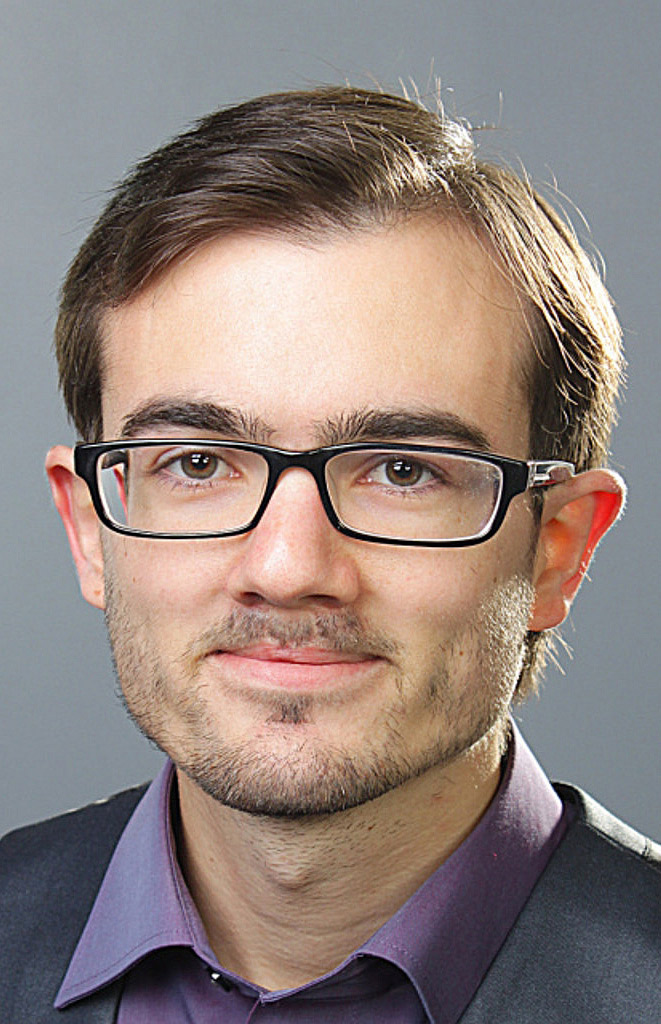
Steffen Albus
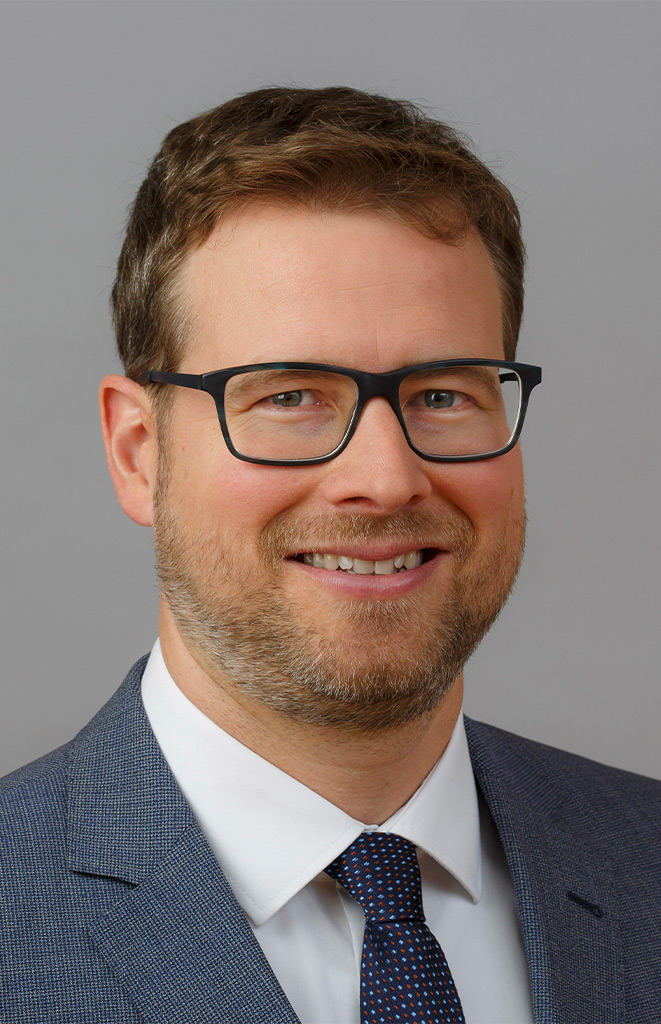
Christian Thyes
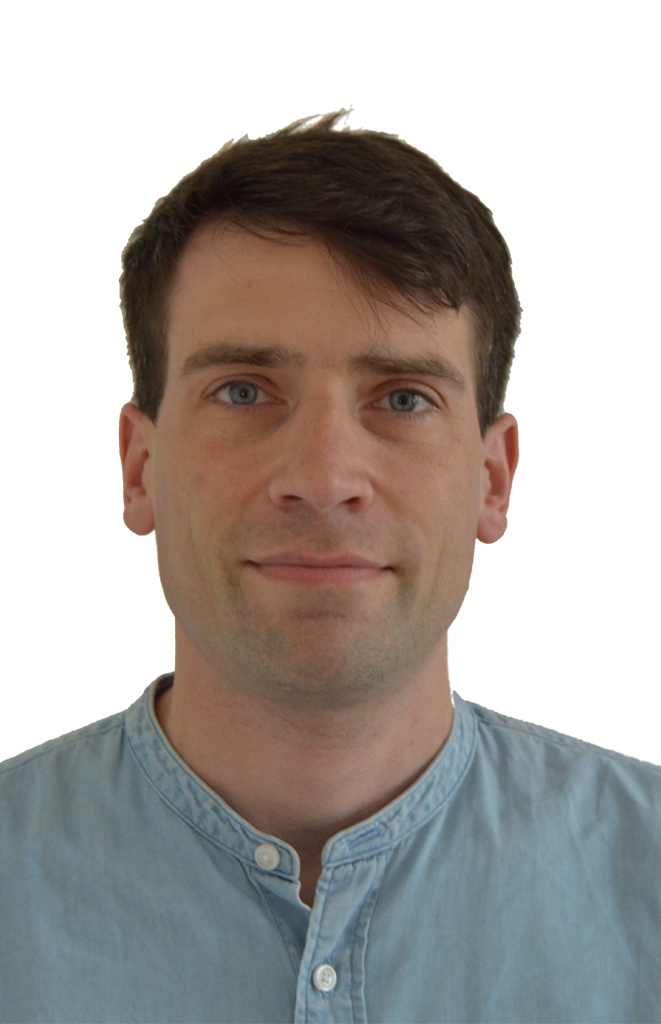
Dr. Joachim Schulze
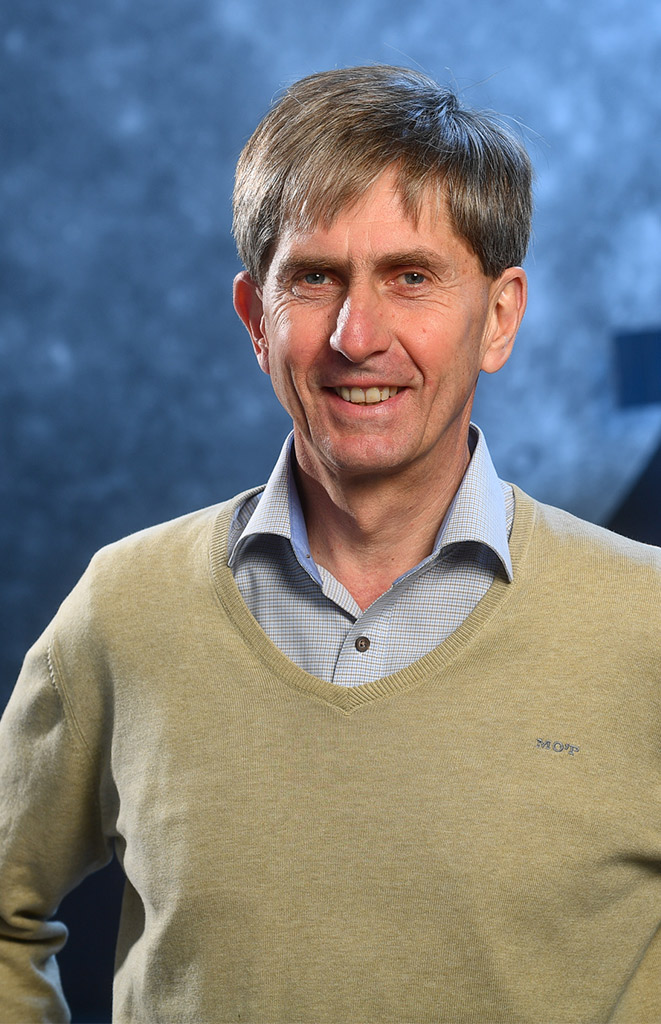
Michael Schmidt
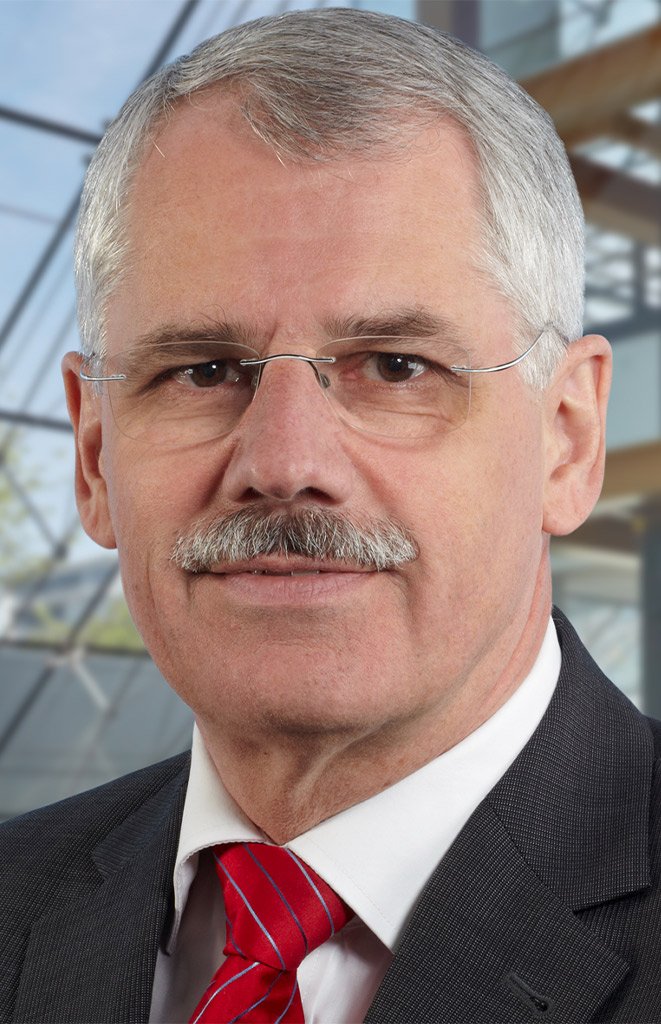
Joachim Rix †
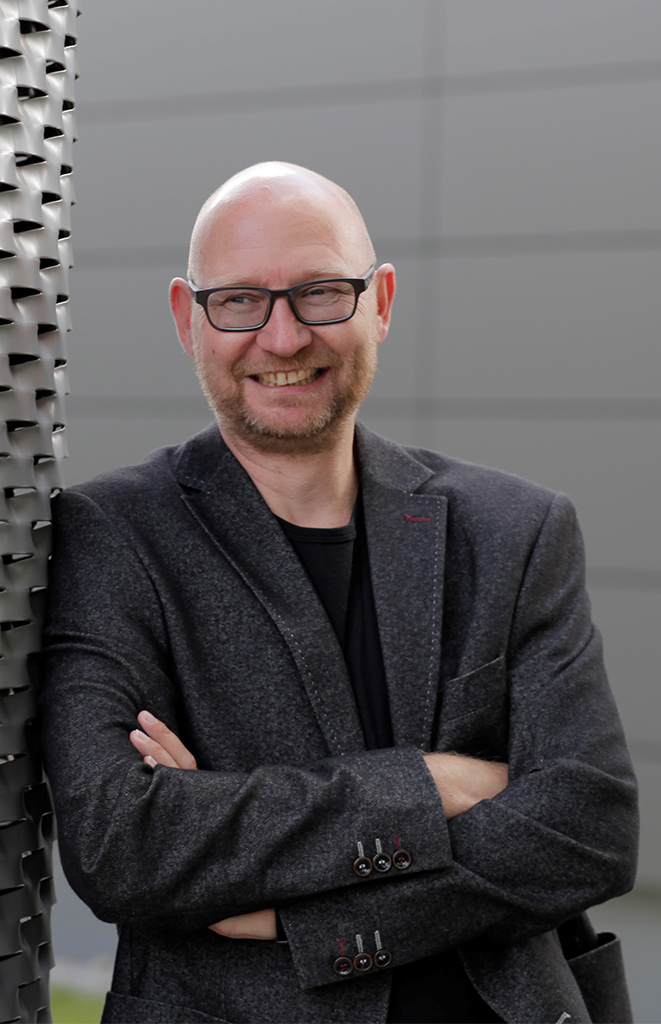
Prof. Dr. Thomas Pleil
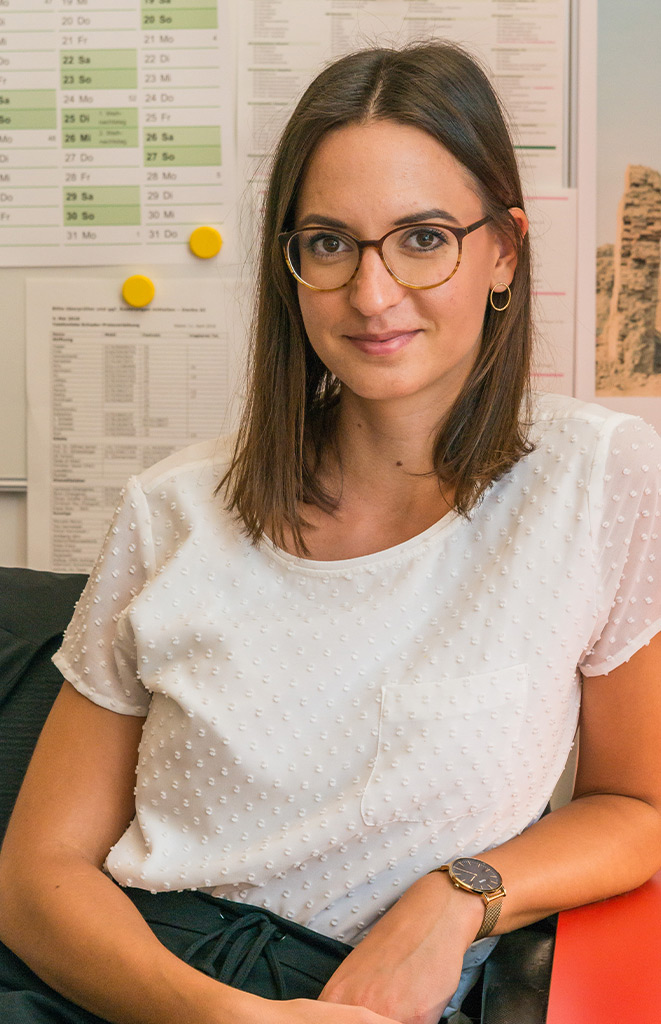
Laura Pauli
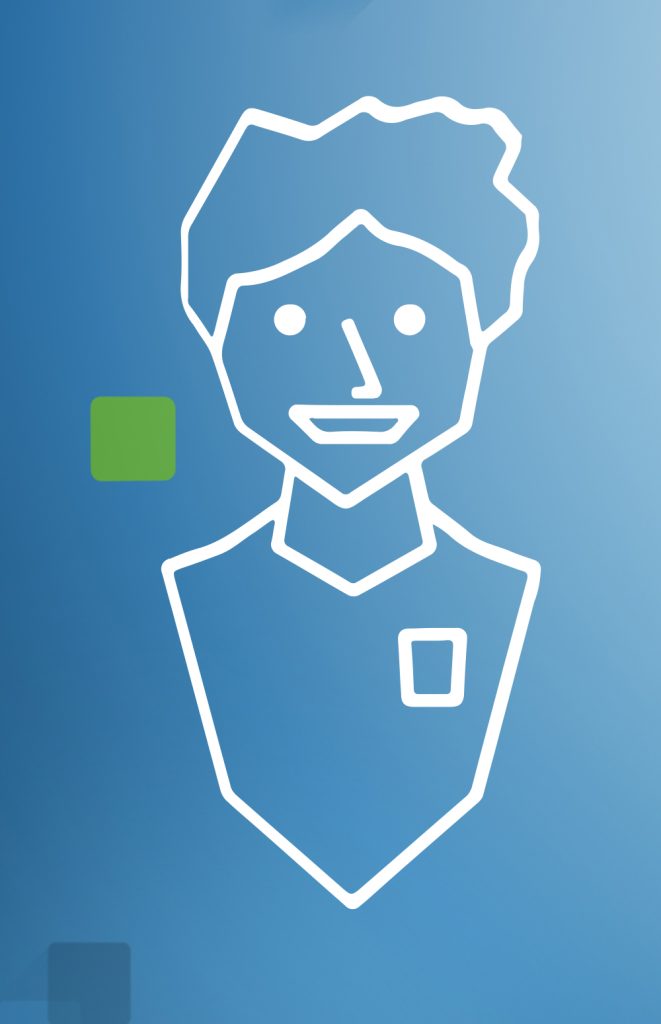
Dr. Michael Kreutzer
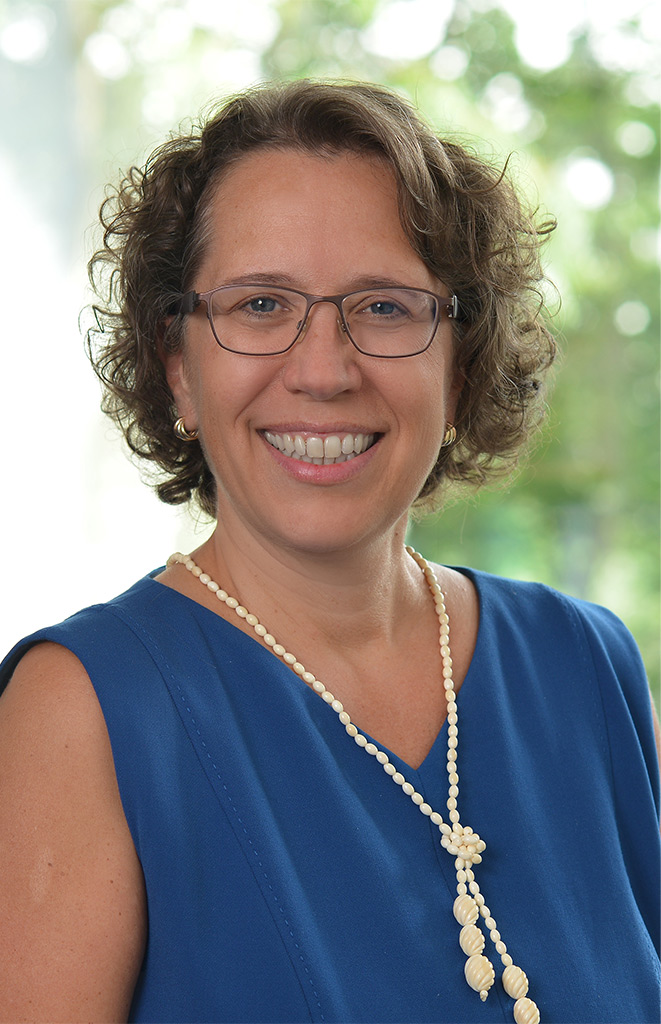
Michèle Knodt
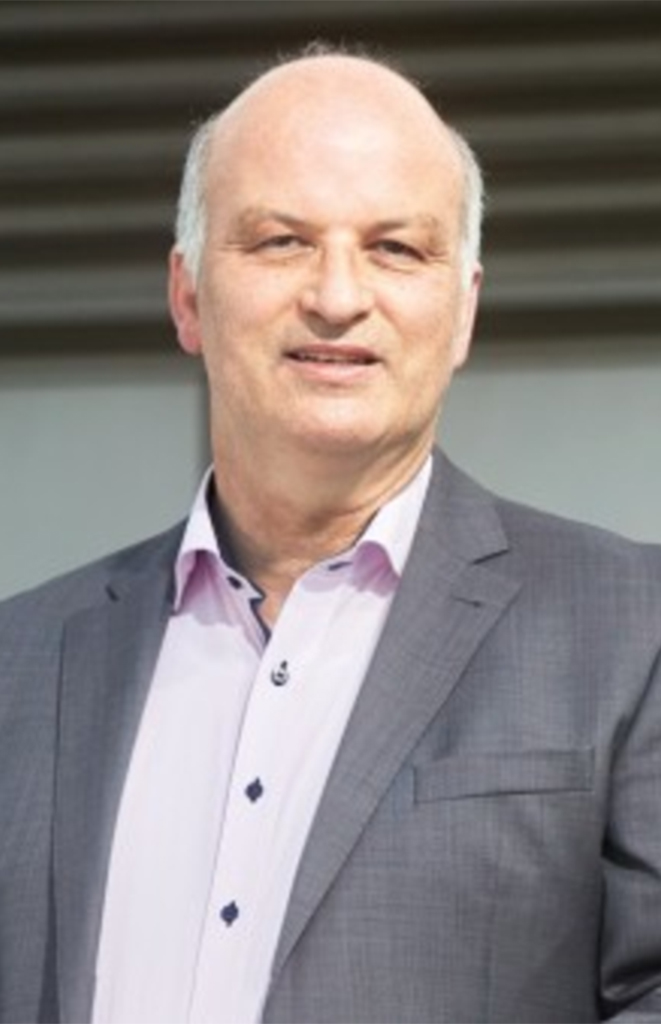
Antonio Jorba
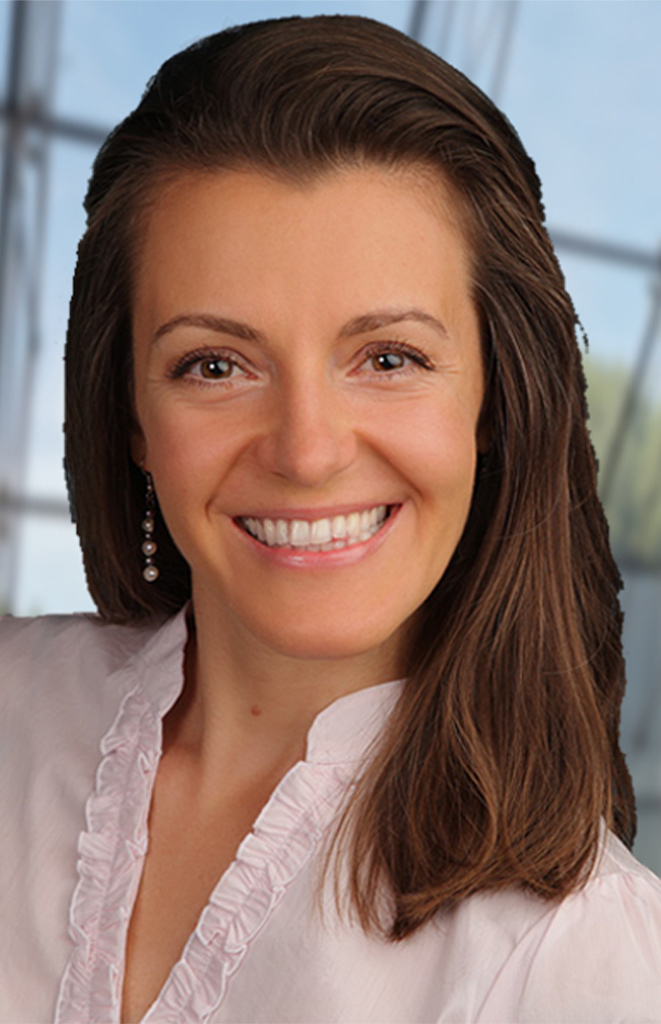
Veneta Ivanova
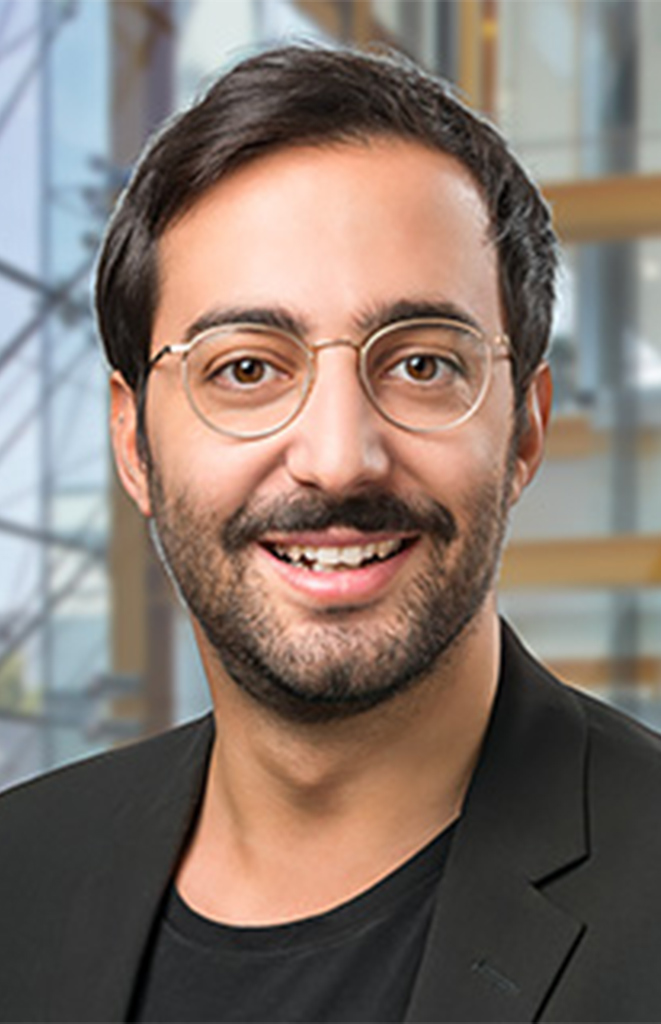
Ivan Iovine
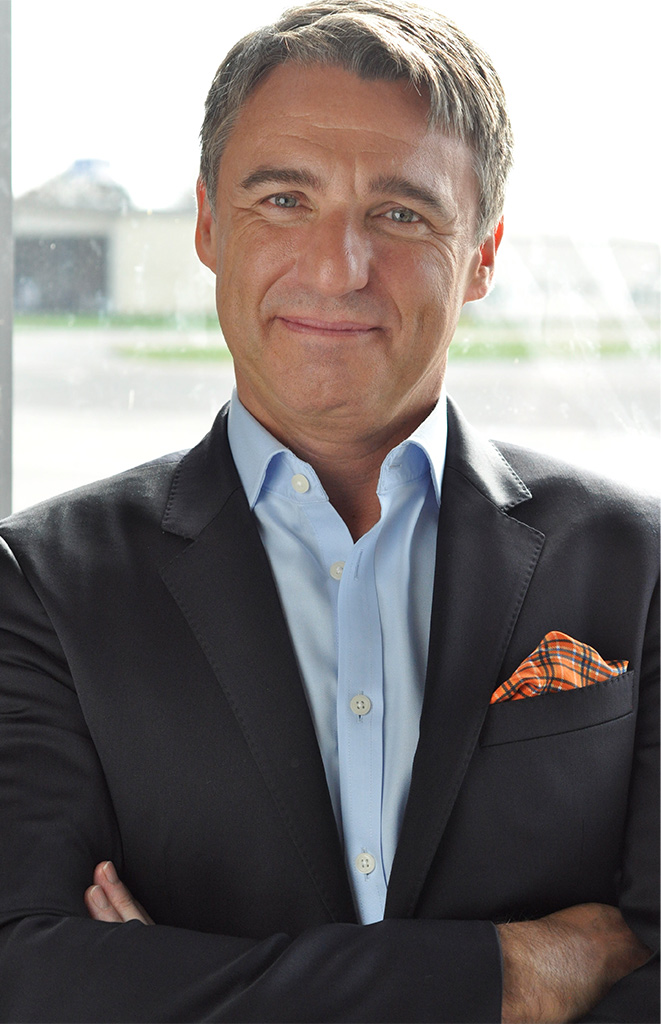
Harald Holzer
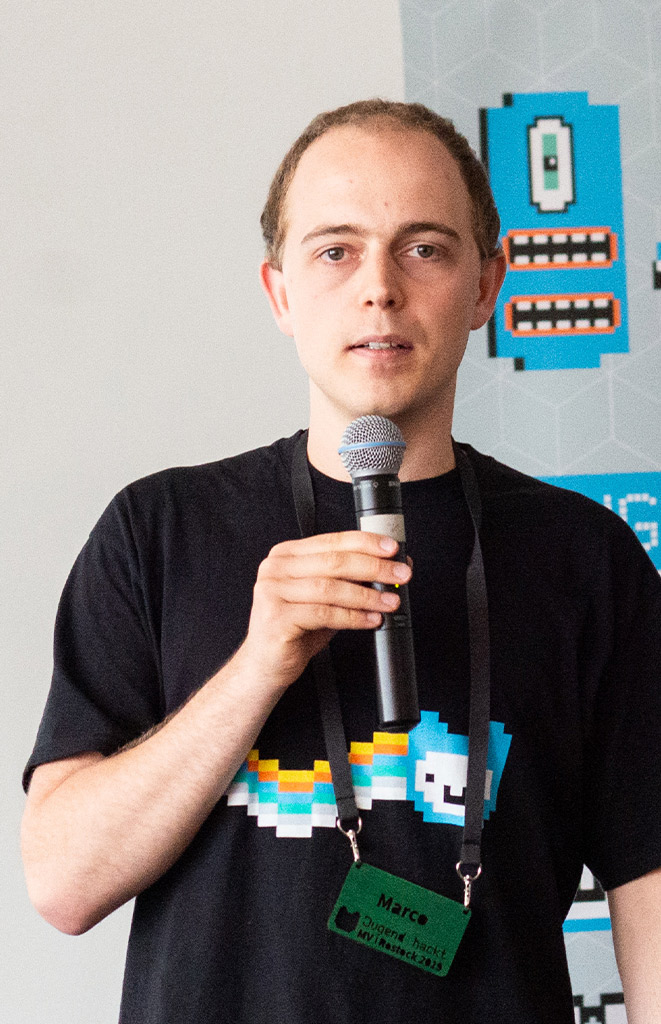
Marco Holz
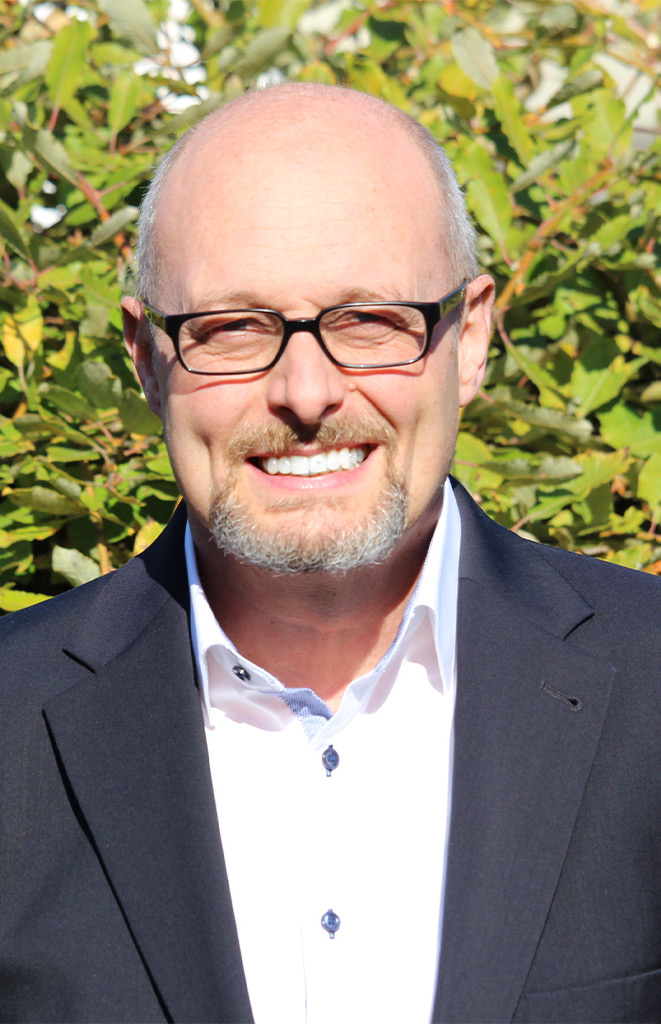
Peter Holnick
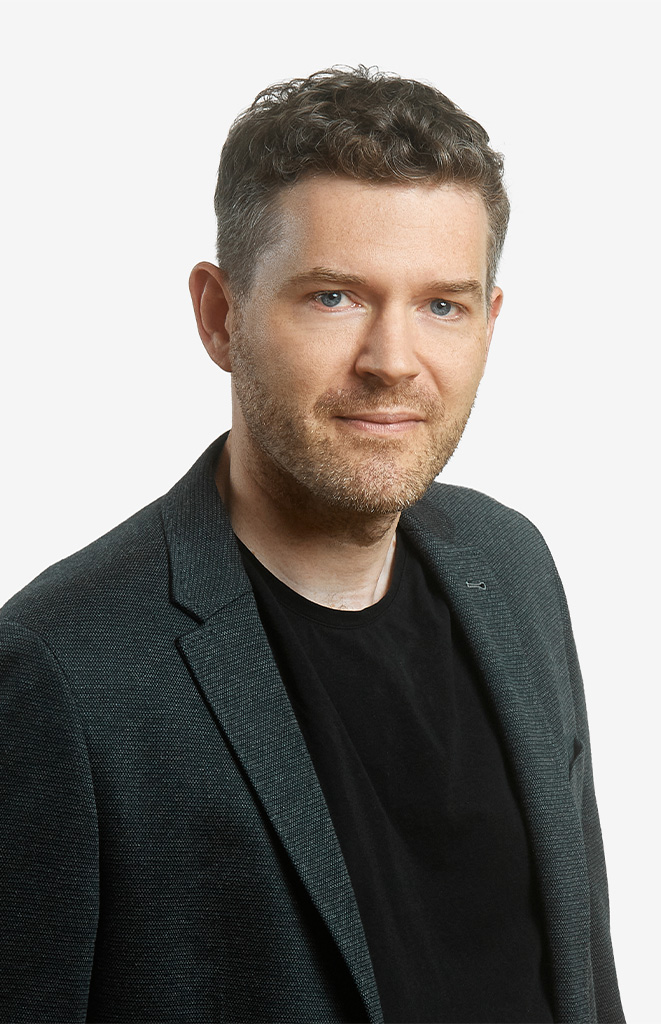
Prof. Dr. Daniel Hanss

Dr. Stefan Göbel (habil.)
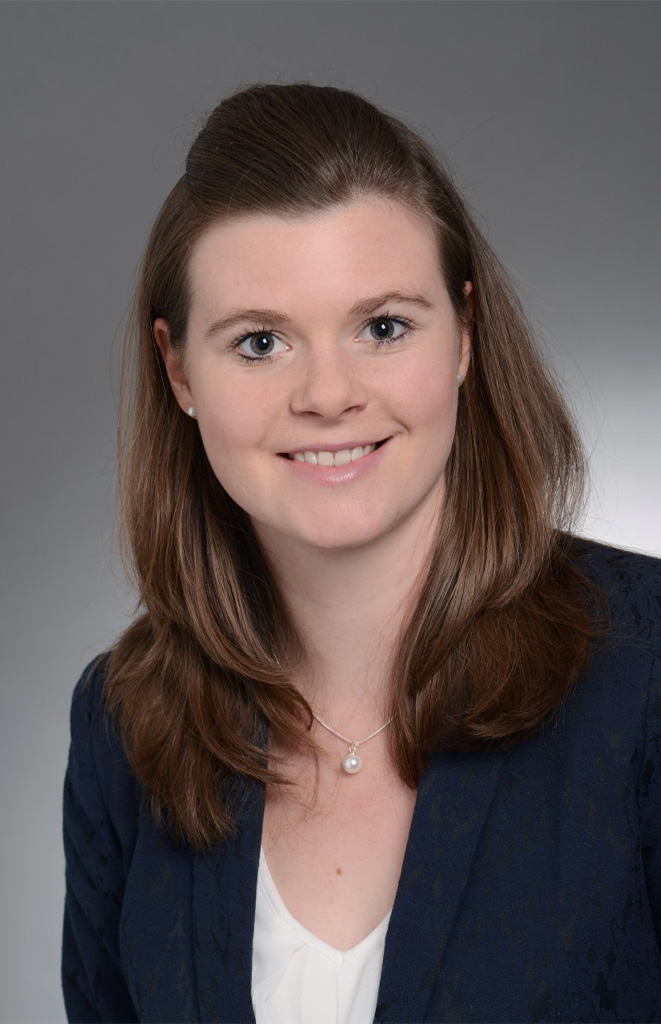
Lena Feilke
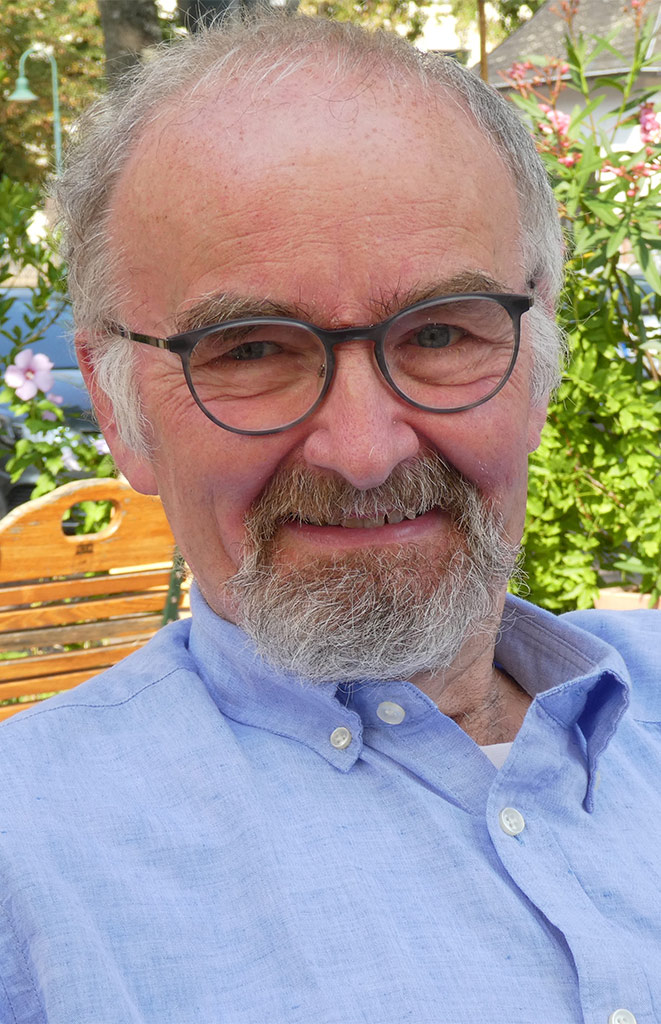
Gerhard Barnickel
Activities
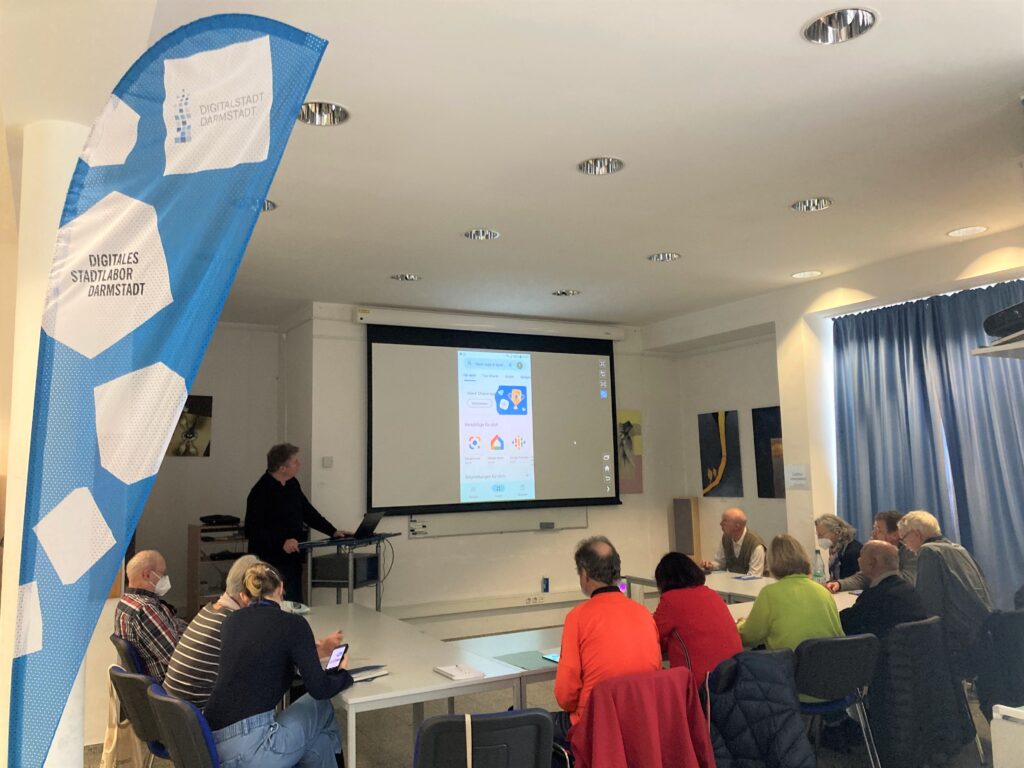
Smartphone basics course for beginners
Smartphones are now part of the everyday lives of many senior citizens. But the operation of the devices is often not self-explanatory. The Mobile City […]
Read more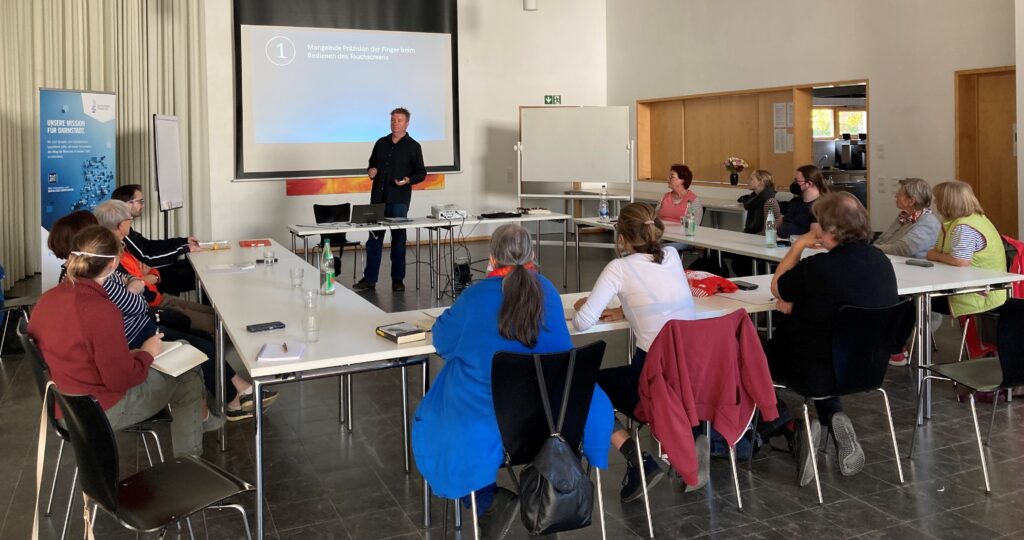
Train-the-trainer format for seniors
Some seniors need support in using their own smartphone to make it a useful helper in everyday life. Volunteers in geriatric care in particular are […]
Read more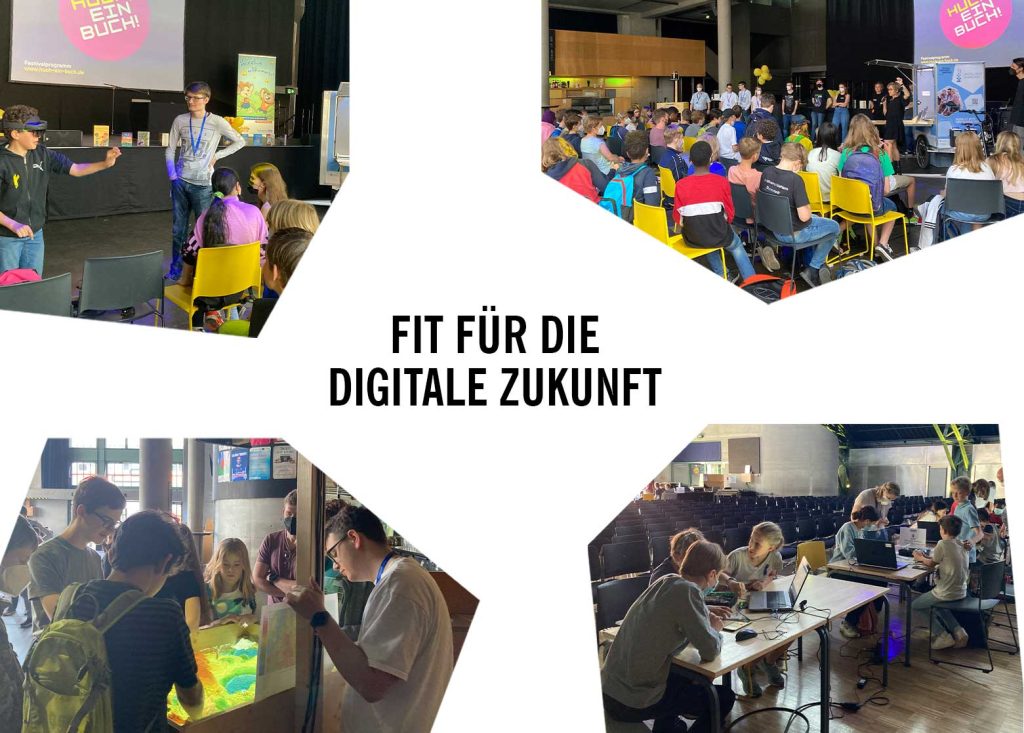
The Mobile City Laboratory at Mediencamp
How does programming work? What professions does the web offer, apart from being a YouTube star? How do you expose fake news? What do you […]
Read moreProjects
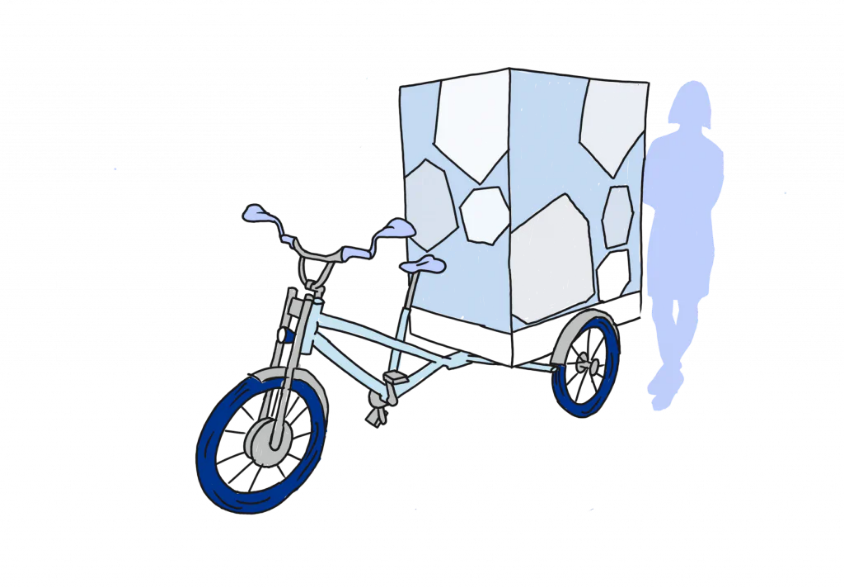
Mobile City Laboratory
The Mobile City Laboratory project literally brings the Smart City Laboratory onto the streets and into urban districts by designing mobile programme offers. Equipped with an electric cargo bike and the corresponding equipment, the Mobile City Laboratory visits city residents where they live, work and carry out their day-to-day work. The aim is to reach those people who are not mobile themselves. Since summer 2021, a barrier-free placement programme has offered smaller groups the opportunity to try out new digital technologies once a week and at different locations.
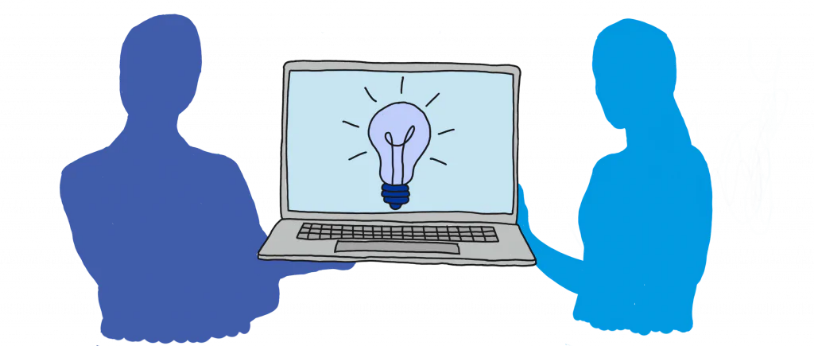
Digital Learning Workshop
We love to learn and we love to do it together with you. This is how the mantra of the learning workshop in the city lab can be described. The digital transformation holds countless topics in store for this, ranging from fake news, 3D simulations or data security, to contemporary education in Darmstadt.
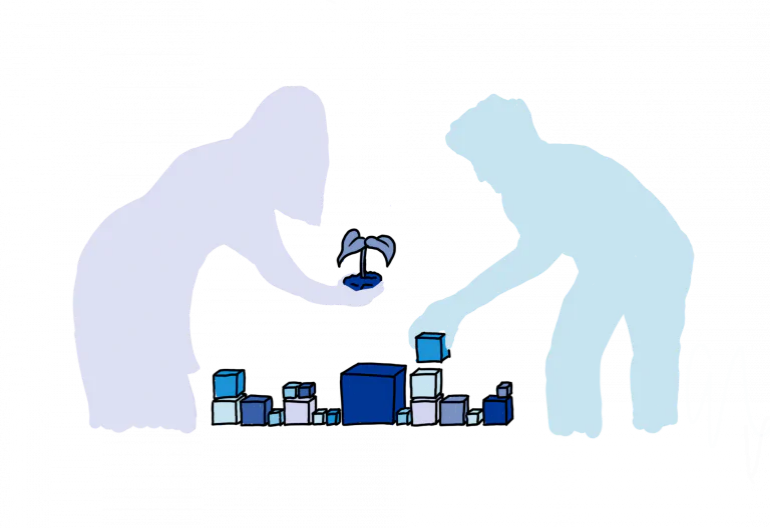
Participation project environment and water
Darmstadt is also struggling with the consequences of climate change. To make sure things don’t stay that way, the participatory project has identified environmental problems in Darmstadt, tested a water map and compiled important data. The project’s 24-hour hackathon demonstrated in an impressive way that the entire city society can do something for Darmstadt’s climate.
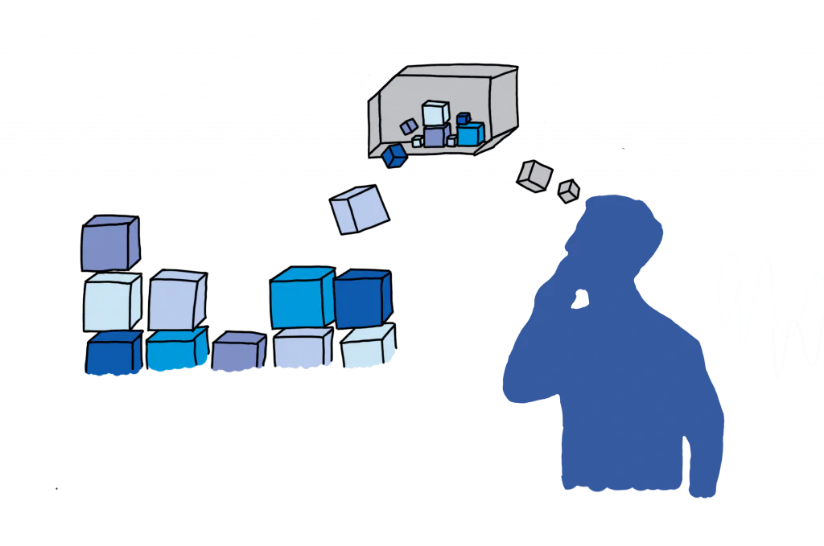
digitalRaum – Smart City Laboratory as a physical space
A city lab for everyone and in the middle of the city! We are working on it together. From a functional point of view, the stationary urban laboratory is intended to be a mixture of event, exhibition, workshop, training and lecture venue. Students at the TU Darmstadt have shown what this can look like in concrete terms with exciting competition work. We were impressed – we’re sure you are, too.
What is Smart City Laboratory?
As part of the City of Darmstadt’s digitization strategy, we have launched a Smart City Lab for Digitization. In order to experience and try things out, to reflect together, to network and to co-create, we are entering into an exchange with citizens and interested parties with the Digital City Laboratory. In this way, people can experience live in the city lab how digitization is changing our world – with the Mobile City Lab even location-independent and flexibly deployable.
WHAT ARE WE ENGAGED IN?
Our vision is that more people can benefit from the advantages of digitization. Together, we want to make everyday life in Darmstadt even more livable. To this end, we are working with Darmstadt’s stakeholders to develop services and projects in which citizens can find out about digitization, try out technologies, acquire digital skills, and participate in future projects.
WHAT ARE OUR GOALS?
Provide information about current digitization projects
Networking actors and being close to citizens and interested parties
Promote constructive discourse and exchange
Impart knowledge and competence
Support co-creative exchange of ideas and projects
Who is the Smart City Laboratory for?
The City Laboratory is currently under construction. It is open to everyone who is interested in digitization in Darmstadt. It is intended to be a common place for constructive exchange and design. To make this possible, we rely on the expertise of a growing community of committed citizens and experts.

Do you have questions about digitalisation, want to learn new things or help shape them?
Then you’ve come to the right place! In the city lab you can experience how the
digitization is changing our world. You can playfully learn new technologies
try out and expand your knowledge. And you are invited to participate yourself in the
Participate in the development of future projects!
Meet experts and specialists, leisure tinkerers and interested people. Get informed, exchange ideas and network.
Would you like to get involved in the Smart City Laboratory? Feel free to contact us personally to learn more about the possibilities.
Answers to frequently asked questions about the Smart City Laboratory
Together, we want to make everyday life in Darmstadt even more liveable through digitalisation. The Smart City Laboratory is intended as a platform and a place of knowledge and creativity for digitalisation as well as a commitment to Darmstadt’s reputation as a city of science.
Here, citizens will find information and opportunities to participate in all aspects of digitization. And they can exchange ideas with the players in Darmstadt’s digitization projects. The Smart City Laboratory is a space where we constantly learn with and from each other.
The City Laboratory creates spaces and occasions for experts and citizens to expand their knowledge, develop innovative ideas and tackle challenges that are forward-looking for the City of Science Darmstadt.
Designed as a digital and analogue location, the Smart City Laboratory develops online and analogue offers and formats – for the city by the city.
Digital competencies of all citizens are already essential today, for example for participation and justice. But “How does digitization work? And which technologies help with various challenges?
As part of Darmstadt’s development into a smart city, the task of the Smart City Laboratory is to make the hard-to-grasp concept of digitalisation experienceable, understandable and shapeable. In doing so, it acts as:
… a place of knowledge, experience and participation: for the shared responsible digital transformation of the city by the city.
… a space for dialogue and development: for strong collaborations, constructive discourse and dialogue.
… a platform to create connections: for dialogue, for strong networks and partnerships, and for more synergies.
Together with the actors in the urban laboratory, we develop offers and projects that always enable the active exchange of citizens and impart knowledge and skills. Whether as a venue for scientific lectures or as a creative testing and hands-on laboratory for new technologies: Everyone is invited to experience digitization and join in. The aim is to create a digital culture for everyone.
The Smart City Laboratory is open to anyone interested in digitalisation in Darmstadt.
The development of our (digital) future goes far beyond professional, municipal or economic issues. Digital technologies have fundamentally changed the way people communicate, whether with devices or with each other. At the same time, we are experiencing tremendous growth in information, connectivity and complexity.
The development of the urban laboratory is designed as a co-creative process. In this approach, experts from a wide range of fields work together on ideas and develop projects and offer formats.
We started in 2020 with a series of interviews and digital co-creation workshops around Darmstadt’s digitization – on ideas, wishes, resources and needs. This enables us to be close to them and to develop offers that meet their needs. This resulted in the first pilot projects. You can learn more about the projects → here.
Für die ko-kreative Entwicklung des Stadtlabors hat die Digitalstadt Darmstadt eine Reihe von Organisationen und Personen eingeladen, am Stadtlabor mitzuwirken oder Mitwirkende aus ihrem Umfeld zu empfehlen. Dabei haben wir großen Wert darauf gelegt, dass die Mitwirkenden aus verschiedenen gesellschaftlichen Bereichen kommen und sich in Initiativen, Institutionen und Unternehmen für Digitalisierungsprojekte in Darmstadt engagieren, die vor allem dem Gemeinwohl dienen.
In this way, an innovative circle of actors has emerged who, within the framework of their civic engagement, participate in the conceptual development as well as in the projects of the urban laboratory. They bring a wide range of competencies from education, science, culture, (urban) business, administration and society to the urban laboratory.
We would like to thank all those who are active and support us!
The city lab is what we make of it together!
The city laboratory is being developed step by step. The City Lab team is the right contact to find out when and how the next entry is easiest. Simply get in touch with us. We are looking forward!
